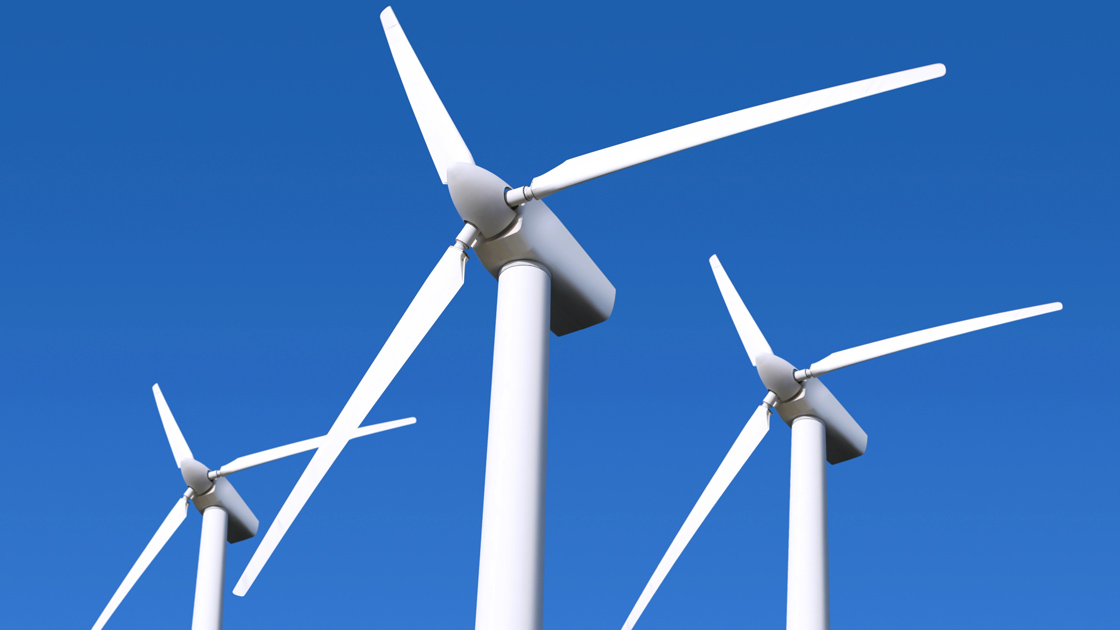Wind could complement solar (2024. február 21.)
Gábor Földvári, the CEO of Nap Plc., the stock exchange company that owns and operates solar power plants, discussed the potential role of wind power plants at a briefing on Wednesday.
Electricity consumption has fallen significantly in the past year. The weather has been kind and everyone has started to save energy. However, savings measures will not be enough and, if the economy is stimulated, electricity prices could start to rise again. But two big questions remain: how the grid will cope with increasing electricity production and how to store the electricity generated economically, Gábor Földvári said, adding that the involvement of wind power in energy production could help solve both problems.
“The sun can be used to generate electricity for around 1,300 hours a year and wind for 2,200-2,500 hours, but the intersection of the two production periods, i.e. the period when both solar and wind power can generate electricity, is only around 7-10%. Therefore, the optimal solution would be to allow wind farms in large solar parks where grid connection is already available. This would not burden the grid with additional connection points and, in addition, the wind farms would be controlled by an inverter like the solar farms, so it would be possible to have only solar panels or wind turbines generating at the same time," the CEO argued.
Nap Plc. bases its own operations mainly on long-term PPA (Power Purchase Agreement) contracts, under which customers buy electricity at a fixed price for ten years from Nap Plc., which generates it in its solar power plants. The first PPA contract in Hungary was signed by Nap Plc. in 2023, and since then, another similar agreement has been signed. A multinational company has contracted 8 MW of generation to power its office buildings. Gábor Földvári stressed that a significant proportion of office tenants are now insisting on getting "real" green energy, not just meeting their "green goals" by buying a guarantee of origin, and that large companies are now willing to make sacrifices to meet so-called ESG targets.

